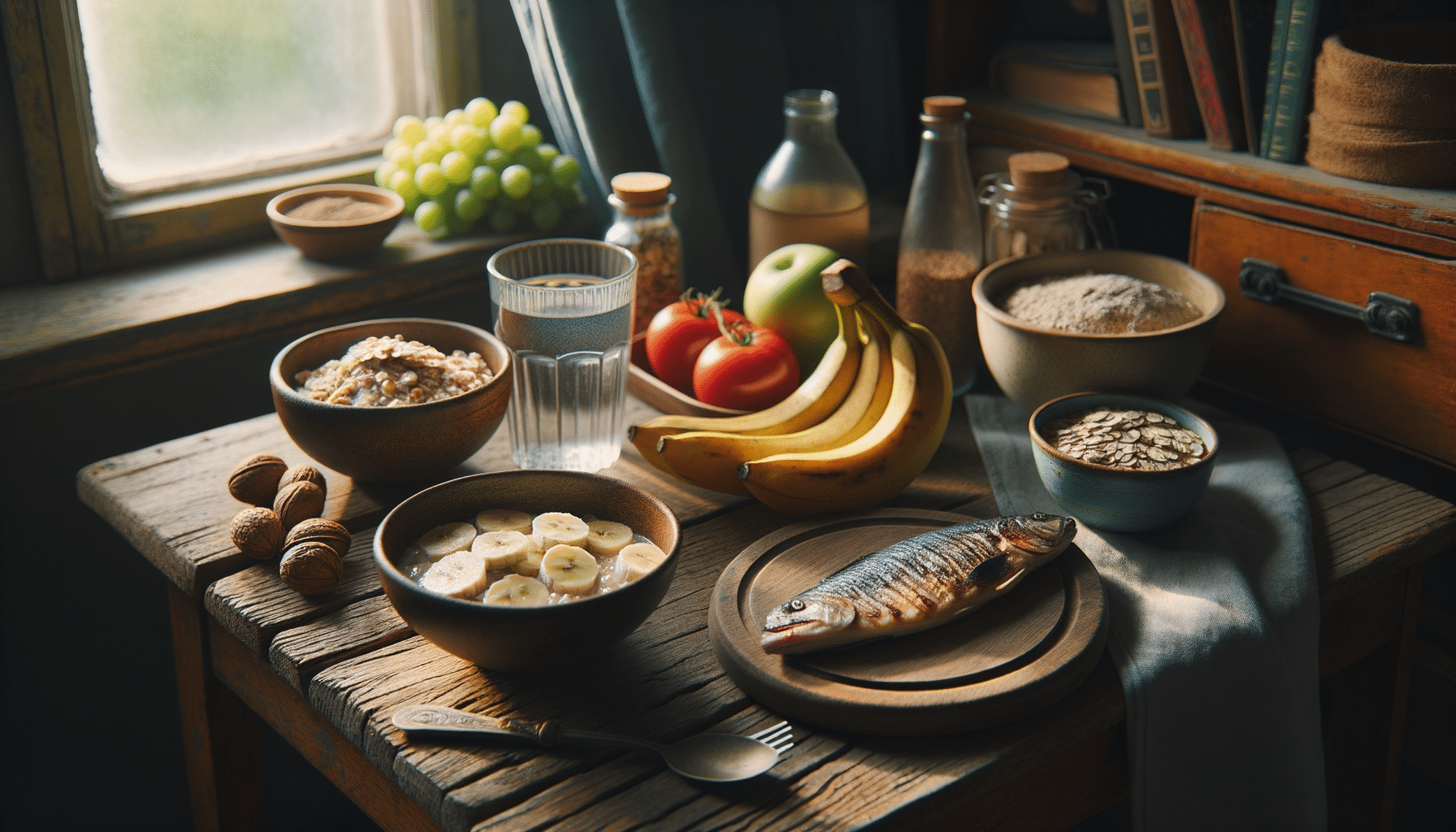
Understanding the Colitis Diet: What to Eat and What to Avoid
Introduction: Navigating the Colitis Diet
Colitis, an inflammation of the colon, can significantly impact one’s quality of life. Managing colitis often requires a comprehensive approach, and diet plays a crucial role. Understanding what to eat and what to avoid is essential for reducing symptoms and promoting gut health. This article delves into dietary strategies for those suffering from colitis, providing valuable insights into food choices that can make a difference.
Key Components of a Colitis Diet
For individuals with colitis, a well-structured diet can help control inflammation and maintain overall health. Key components include:
- Fiber: Soluble fiber is beneficial as it helps in forming a gel-like substance in the intestines, aiding digestion and reducing diarrhea. Sources include oats, apples, and carrots.
- Probiotics: These beneficial bacteria found in yogurt and fermented foods can improve gut flora and potentially reduce colitis symptoms.
- Hydration: Staying hydrated is crucial, especially for those experiencing diarrhea. Water and electrolyte-rich fluids are recommended.
- Lean Proteins: Fish, poultry, and tofu provide essential nutrients without irritating the digestive system.
Incorporating these elements can help manage colitis symptoms effectively.
Foods to Include in Your Diet
Choosing the right foods is pivotal for those suffering from colitis. Here are some dietary inclusions that can support gut health:
- Oatmeal: A great source of soluble fiber, oatmeal is easy on the stomach and helps in managing bowel movements.
- Bananas: Known for their mildness, bananas provide potassium, which is often depleted during bouts of diarrhea.
- Fish: Rich in omega-3 fatty acids, fish like salmon and mackerel have anti-inflammatory properties that may benefit colitis patients.
- Bone Broth: Packed with nutrients, it can be soothing for the gut and helps replenish lost electrolytes.
These foods can be both nourishing and gentle on the digestive tract, making them suitable for a colitis-friendly diet.
Foods to Avoid with Colitis
Avoiding certain foods can prevent flare-ups and discomfort. Here are some foods to be cautious about:
- Dairy Products: Lactose can be difficult to digest for many with colitis, potentially exacerbating symptoms.
- High-Fat Foods: Fried and greasy foods can increase inflammation and should be limited.
- Spicy Foods: Spices like chili and pepper can irritate the gut lining and should be avoided during flare-ups.
- Raw Vegetables: Although healthy, raw veggies can be hard to digest; cooking them can make them more tolerable.
Steering clear of these foods can help in managing colitis more effectively and reduce the frequency of flare-ups.
Conclusion: Crafting a Personalized Diet Plan
Understanding and implementing a colitis diet requires careful consideration and often, trial and error. Collaborating with healthcare professionals to tailor a diet plan suited to individual needs can make a significant difference. By focusing on foods that promote gut health and avoiding those that trigger symptoms, individuals can manage colitis more effectively and enjoy a better quality of life. Remember, the journey to managing colitis is personal, and dietary adjustments are key to finding relief and maintaining health.


